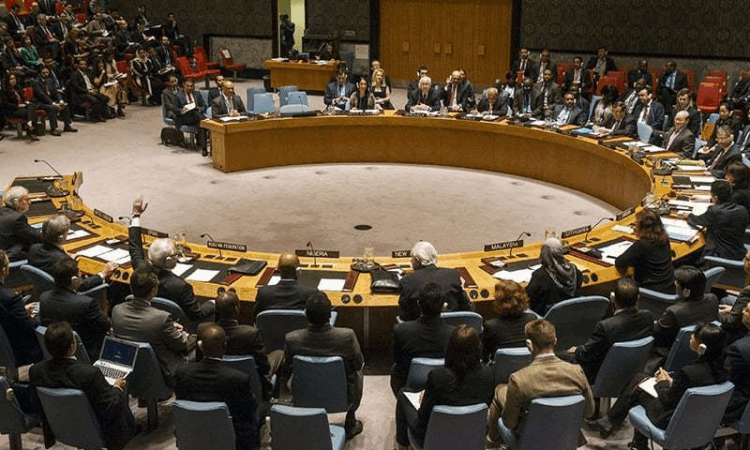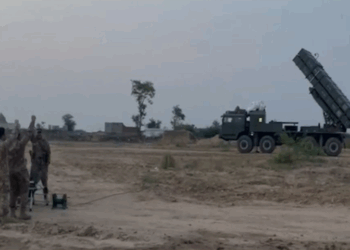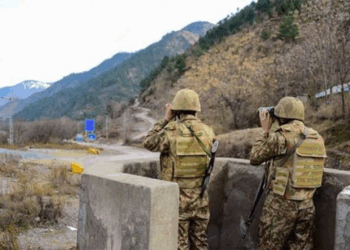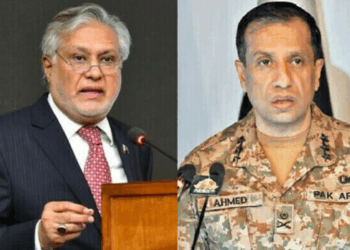Islamabad, May 4, 2025: Amid escalating tensions with India following the deadly Pahalgam incident, Pakistan has decided to formally approach the United Nations Security Council (UNSC) to raise alarm over what it describes as Indian aggression, provocations, and treaty violations.
According to diplomatic sources, Deputy Prime Minister and Foreign Minister Ishaq Dar has instructed Pakistan’s Permanent Representative to the UN to initiate the process of convening a special UNSC session on the matter.
Pakistan is expected to brief the Council on India’s unilateral suspension of the Indus Waters Treaty, inflammatory rhetoric by Indian officials, and actions it deems threatening to regional and international peace and security.
“This is a vital diplomatic step to place accurate facts before the international community,” said an official familiar with the development.
Ambassador Asim Iftikhar, Pakistan’s envoy to the United Nations, earlier told reporters in New York that Pakistan had been closely monitoring India’s aggressive posture following the April 22 attack in Indian-occupied Kashmir, which claimed 26 lives. India immediately blamed Pakistan for the attack without providing credible evidence, a claim Islamabad has firmly rejected.
“There is a real and evolving threat to regional stability,” Ambassador Iftikhar said. “The Security Council has a clear mandate under the UN Charter, and it is fully legitimate for Pakistan — or any member — to call for a meeting under these circumstances.”
The move follows a series of retaliatory measures taken by both nations, including trade suspensions, diplomatic downgrades, and airspace restrictions. Tensions have sharply intensified after India’s attempts to undermine longstanding international agreements and its continued refusal to engage in dialogue.
Pakistan’s diplomatic outreach at the UN is seen as a bid to garner broader international support, especially from China, Russia, and other key Security Council members, to de-escalate the situation and highlight what Islamabad sees as India’s pattern of destabilizing behavior in the region.







